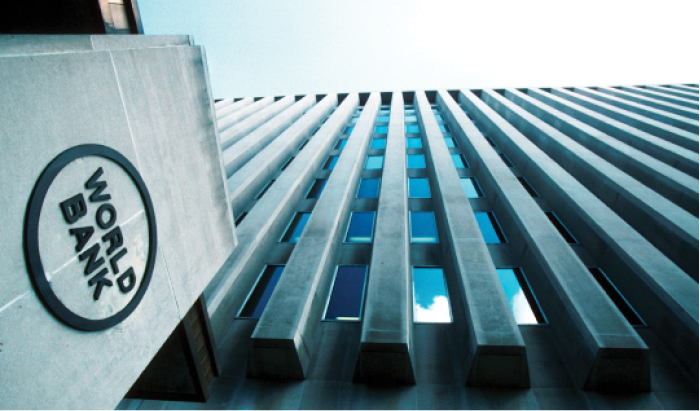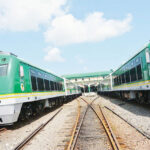The federal government has dismissed report of a World Bank survey which claimed that 78 percent of power consumers in Nigeria get less than 12 hours of daily supply.
According to a statement by the Special Adviser to the President on Infrastructure, Mr Ahmad Rufai Zakari, it is unclear what empirical evidence the World Bank used to arrive at the figures, insisting that power distribution to consumers is steadily improving.
- Prayers offered in remembrance of Abba Kyari
- Onitsha Port can handle 1,000 containers monthly — Moghalu
Responding to the Power Sector Recovery Programme Opinion Research Fact Sheet released by the bank last week, he said, ‘it is inaccurate to make a blanket statement that 78% of Nigerians have less than 12 hours daily access.’
He argued that empirical evidence from the Nigerian Electricity Regulatory Commission (NERC) shows that only 55% of citizens connected to the grid are in tariff bands D and E which are less than 12 hours supply.
“Those citizens are being fully subsidized to pre-September 2020 tariffs until DIsCOs are able to improve supply. There is a N120 billion Capital Expenditure (CAPEX) fund from CBN for DisCos to improve infrastructure for these tariff classes similar to the metering program that is ongoing,” Zakari said.
Zakari countered the bank’s claim that 58% of electricity consumers do not have meters to measure electricity use. “It is unclear who did this survey and what the timeframe is. All citizens that have gotten free meters report they are happy about the reform trajectory. To date more than 600,000 meters have been delivered to DisCos out of the one million in phase 0 with installation ongoing.”

 Join Daily Trust WhatsApp Community For Quick Access To News and Happenings Around You.
Join Daily Trust WhatsApp Community For Quick Access To News and Happenings Around You.


